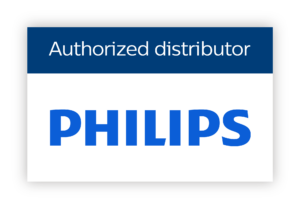- Phone: 888.683.7988
- Email: [email protected]
- Business Hours: Mon - Fri, 8am - 4pm PT
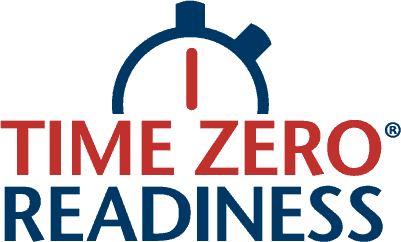
Let us help you fight sudden cardiac arrest and be Time Zero® Ready!
MDSI recommends that medical oversight be maintained as a key component of an AED program because physician involvement is much more than just being compliance with federal and state AED regulations. Our healthcare professional and services team can provide the medical expertise and a robust suite of services to meet quality assurance and risk management benchmarks.
We’ll customize a solution to fit your unique program needs.
Support services include:
Prescription and authorization to purchase per FDA regulations
The FDA requires a prescription authorizing the purchase and use of most AEDs. MDSI’s physician team provides a prescription authorizing each AED purchase.
Assistance with EMS notification and state AED regulations
Many state and local regulations require that your local EMS provider be notified when AEDs are placed in your facility. Compliance with AED regulations is essential to maintaining Good Samaritan and other legal protections. MDSI service staff will assist you in determining if these requirements apply to your sites and completing the registration documentation if required.
Site review to assist with AED quantity and placement
MDSI’s service staff is available to review your site using floor plans and/or blueprints to help identify the best locations to place AEDs in your facilities. During the assessment, we’ll also review other information such as your emergency plan and communication system.
Equipment purchase of AED devices and supplies
We offer all brands of devices for purchase with assorted accessories needed for use. We will assist you with determining the best AED model to fit your program needs.
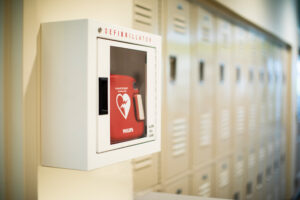
AED tracking with monthly inspection and pads/battery expiration reminders
Maintenance is a key component of any early defibrillation program. MDSI’s tracking program manages your AED’s vital information such as location, serial number, pads and battery expirations. We email inspection reminders monthly and track pads/battery expirations. We also have web portal access for viewing device information.
Provision of a standard AED Response Protocol and Policy template documents
We will provide our standard AED Response Protocol that is applicable for all AED devices. A customizable policy template is available for large organizations. If your organization has developed its own protocol and policy, MDSI will review and approve of your documents.

Physician review report of post-use data and response
When an AED is used the response should be measured for possible improvement. MDSI’s healthcare and service team will assist with downloading, reviewing the event data, providing an Incident Report form and getting your AED back in service.
The healthcare professional team will provide a comprehensive review benchmarking the event and provide feedback to your organization. Best practices as well as opportunities to improve and strengthen your organization’s response to sudden cardiac arrest will be identified in the report.
Post-Event rescuer debriefing
Responding to a cardiac arrest victim can be an emotional experience. MDSI’s healthcare team and service staff are available for telephone debriefing to review the incident, and answer questions specific to the event.
Rescuer Recognition Program
MDSI recognizes your rescuers by providing recognition certificates and award coins for presentation.
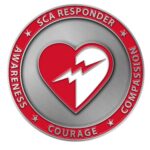
Additional Services Available
CPR/AED Training Courses
The American Heart Association (AHA) has identified training as one of key components to a successful early defibrillation program. MDSI offers training courses that meet your organization’s needs.
AED Physical Inspection Services
All AEDs have internal self check programs which allow for monthly inspections. If you would like a physical inspection by qualified inspectors we can offer that as a separate service.
Every moment matters when a sudden cardiac arrest or medical emergency strikes.
Having the right tools and knowledge can tip the balance and save a life.
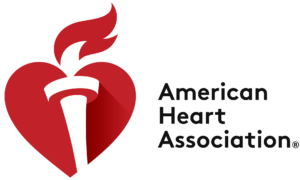
The American Heart Association (AHA) has identified four key components of a successful lay rescuer early defibrillation program. The four components are:
- A plan for AED maintenance and program quality improvement
- Planned and practice protocol response under medical direction
- Ongoing CPR and AED training for responders
- A link to the EMS system


